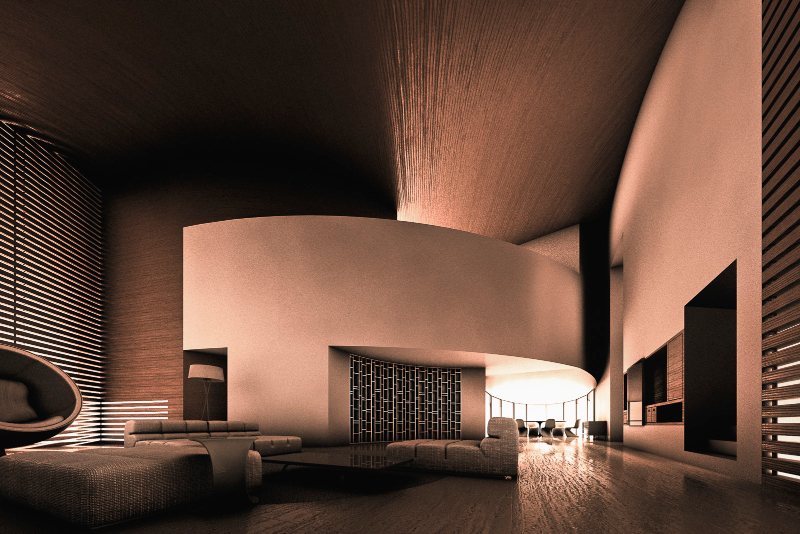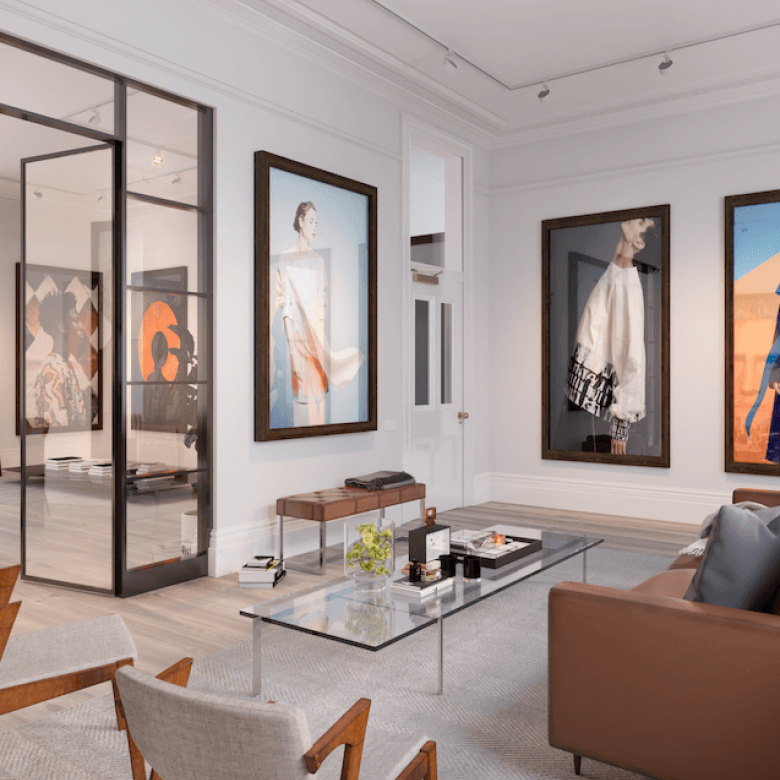The Art of Balance: Just How Interior Design and Home Architect Collaborate for Stunning Results
In the world of home layout, striking an equilibrium between visual appeals and capability is no tiny feat. This fragile stability is accomplished with the harmonious partnership between interior designers and designers, each bringing their one-of-a-kind experience to the table. The outcome? Rooms that are not just visually spectacular however likewise very habitable. This excellent mix is not always easy to attain. Stick with us as we check out the details of this collaborative process and its transformative effect on home design.
Comprehending the Core Differences Between Interior Layout and Home Style
While both Interior Design and home style play crucial duties in developing cosmetically pleasing and useful areas, they are inherently various disciplines. Home architecture primarily concentrates on the structural aspects of the home, such as building codes, safety and security laws, and the physical building and construction of the area. It deals with the 'bones' of the structure, dealing with spatial measurements, bearing walls, and roofing styles. On the other hand, Interior Design is much more concerned with enhancing the sensory and aesthetic experience within that framework. It entails choose and preparing furnishings, choosing shade schemes, and including ornamental components. While they work in tandem, their duties, obligations, and areas of expertise split dramatically in the production of a harmonious home atmosphere.
The Synergy Between Home Design and Interior Decoration
The harmony between home design and Interior Design exists in a shared vision of design and the improvement of useful aesthetics. When these two areas straighten harmoniously, they can change a home from normal to extraordinary. This cooperation needs a much deeper understanding of each self-control's concepts and the capacity to create a cohesive, cosmetically pleasing atmosphere.
Unifying Layout Vision
Unifying the vision for home style and indoor design can create an unified living space that is both useful and visually pleasing. It advertises a synergistic strategy where architectural components complement indoor design elements and vice versa. Thus, unifying the style vision is essential in mixing architecture and indoor layout for spectacular outcomes.
Enhancing Functional Visual Appeals
How does the harmony in between home style and interior style boost useful aesthetics? Architects lay the foundation with their architectural style, making sure that the area is effective and useful. A designer could design a residence with huge home windows and high ceilings.
Significance of Collaboration in Creating Balanced Spaces
The collaboration in between indoor designers and engineers is essential in creating well balanced spaces. It brings consistency between layout and architecture, bring to life spaces that are not just visually pleasing yet likewise useful. Checking out successful collective techniques can offer understandings right into exactly how this synergy can be efficiently achieved.
Balancing Design and Architecture
Equilibrium, a crucial aspect of both indoor layout and style, can only really be accomplished when these 2 areas work in harmony. This joint procedure results in a natural, well balanced design where every component has an you can try here objective and adds to the general aesthetic. Harmonizing design and style is not simply regarding creating gorgeous rooms, yet regarding crafting spaces that function perfectly for their residents.
Effective Collective Techniques

Case Studies: Successful Integration of Design and Architecture
Examining a number of instance research studies, it emerges how the effective combination of Interior Design and design can change an article area. The Glass House in Connecticut, renowned for its minimalistic sophistication, is one such example. Engineer Philip Johnson and indoor designer Mies van der Rohe worked together to create an unified balance in between the inside and the framework, resulting in a seamless flow from the exterior landscape to the inner living quarters. Another exemplar is the Fallingwater House in Pennsylvania. Architect Frank Lloyd Wright and interior developer Edgar Kaufmann Jr.'s collective efforts bring about a strikingly distinct house that mixes with its all-natural surroundings. These study underline the profound influence of a successful design and design cooperation.

Getting Over Obstacles in Style and Architecture Cooperation
Regardless of the undeniable advantages of a successful partnership between indoor layout and architecture, it is not without its challenges. Architects may focus on structural integrity and security, while designers focus on comfort and style. Efficient interaction, common understanding, and compromise are important to get over these challenges and achieve a successful and harmonious cooperation.

Future Fads: The Advancing Connection In Between Home Architects and Inside Designers
As the globe of home style continues to advance, so does the connection between architects and interior developers. Conversely, i was reading this indoor developers are welcoming technical facets, affecting total layout and performance. The future assures a much more cohesive, cutting-edge, and adaptive approach to home style, as designers and engineers continue to obscure the lines, promoting a relationship that absolutely symbolizes the art of balance.
Final thought
The art of balance in home style is accomplished through the harmonious cooperation in between indoor developers and architects. An understanding of each other's self-controls, reliable interaction, and shared vision are crucial in producing visually spectacular, functional, and inviting spaces. Regardless of obstacles, this collaboration cultivates development and technology in layout. As the relationship between home architects and indoor developers evolves, it will remain to form future patterns, improving convenience, performance, and individual expression in our space.
While both interior style and home design play crucial functions in producing cosmetically pleasing and functional spaces, they are inherently various self-controls.The harmony in between home design and interior design lies in a shared vision of layout and the improvement of practical aesthetic appeals.Combining the vision for home design and indoor style can create an unified living room that is both practical and visually pleasing. Thus, unifying the layout vision is vital in blending style and indoor design for magnificent results.
Exactly how does the synergy between home architecture and indoor design enhance practical looks? (Winchester architect)